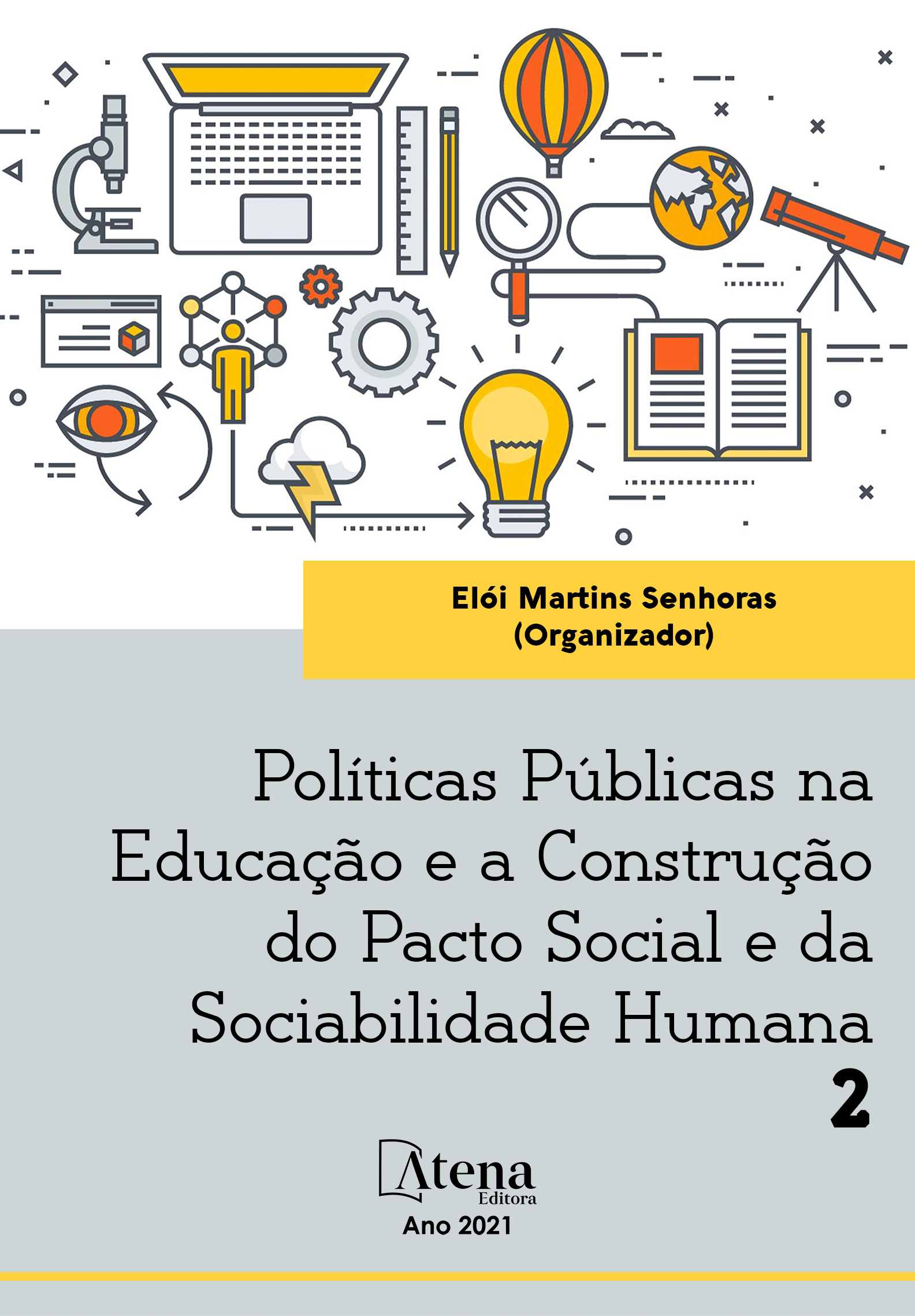
AS PERCEPÇÕES DOS INTÉRPRETES DE LIBRAS SOBRE OS ASPECTOS QUE INFLUENCIAM A SUA PRÁTICA PROFISSIONAL NO ENSINO BÁSICO
A educação inclusiva no Brasil amparada e regulada por arcabouço legal completo e bem estruturado ainda se mostra desafio frente ao processo de compreensão no qual se encontram os sujeitos da comunidade escolar quanto às necessidades do aluno surdo e do intérprete que com ele atua. Para entender melhor esta realidade, foi realizada entrevista semi-estruturada com quatro intérpretes de Libras que atuavam em 2019 nas escolas públicas ligadas à GERED de Chapecó-SC. Nesta ocasião eles foram perguntados sobre sua visão da inclusão, as relações entre intérpretes, alunos surdos, colegas, professores e servidores das escolas. As entrevistas foram gravadas de acordo com autorização escrita assinada por eles, transcritas e analisadas de acordo com a análise de conteúdo de Bardin. De acordo com os entrevistados, ainda não há inclusão efetiva e completa uma vez que a comunidade escolar não tem o conhecimento necessário da Libras para que a escola seja realmente inclusiva, ou seja, todos os sujeitos possam se comunicar adequadamente e socializar, tornando o surdo bastante dependente do intérprete mesmo fora da sala de aula. Relatam haver alguma resistência dos professores, que vem, felizmente, diminuindo, mas que sentem falta de momentos de colaboração com estes para preparação da interpretação a ser realizada na aula, esclarecimento de dúvidas dos conceitos que serão trabalhados. A forma de contratação dos intérpretes também foi considerada inadequada por se dar sempre por contrato anual de trabalho, o que os impossibilidade de gozar de afastamento para qualificação, horário de preparação e traz a insegurança de não saber em quais escolas e com quais alunos irão atuar no ano seguinte, o que dificulta desenvolvimento de trabalho a médio e longo prazo com os alunos, exigindo readaptação de intérprete, professores e alunos a cada ano escolar.
AS PERCEPÇÕES DOS INTÉRPRETES DE LIBRAS SOBRE OS ASPECTOS QUE INFLUENCIAM A SUA PRÁTICA PROFISSIONAL NO ENSINO BÁSICO
-
DOI: 10.22533/at.ed.24621160121
-
Palavras-chave: Intérprete de Libras. Educação inclusiva. Análise de conteúdo.
-
Keywords: Libras interpreter. Inclusive education. Content analisys.
-
Abstract:
The inclusive education in Brasil supported and regulated by a complete and well structured legal framework still shows itself as a challenge regarding the process of comprehension in which the subjects of the school community find themselves about the needs of the deaf student and the interpreter that works with him. To understand this reality better, semi-structured interviews were carried out with four Libras interpretes that worked in 2019 in public schools from GERED in Chapeco-SC. In this occasion they were asked about their view in inclusion, the relations among interpreters, deaf students, colleagues, teachers and other school professionals. The interviews were recorded, had being allowed by written and signed consent, transcribed and analysed according to the content analysis of Bardin. According to the interpreters, there isn’t efective and complete inclusion yet, once the school community doesn’t have the necessary Libras knowledge for the school to be trully inclusive, that being all the subjects being able to communicate properly and socialize, making the deaf student quite dependent of the interpreter even outside of classroom. The interpreters report there to be some resistence from the teachers to the inclusion that is, gladly, being reduced but they miss having moments of colaboration with the teachers so they could prepare the interpretation that will be done in class and clarification of doubts about the concepts that will be worked in classroom. The form of hiring of the interpreters was also cinsidered inadequate for always being in annual contracts, which makes impossible for them to withdrawal temporarely from work for qualification, time to prepare the activities and brings insecurity about in which schools and with which students they’ll work the next year what makes it difficult to develop a medium to long term work with the students, needing the students to always adapt to a new interpreter each year and the interpreter to new teachers and students in each school year.
-
Número de páginas: 9
- Lísia Regina Ferreira
- CAMILA GASPARIN


